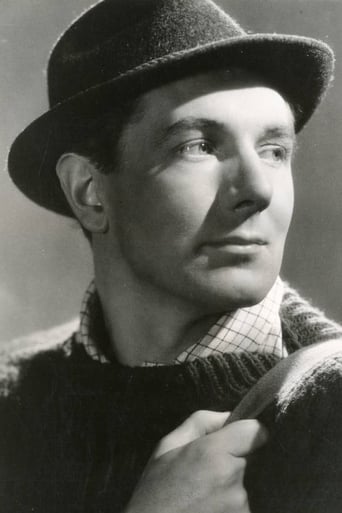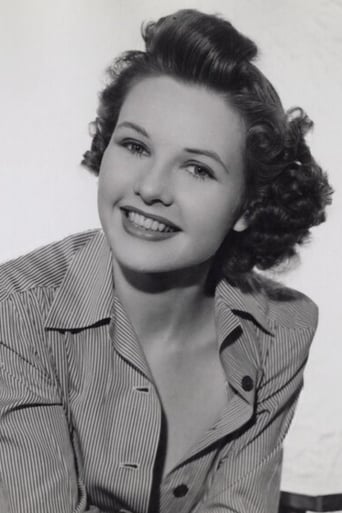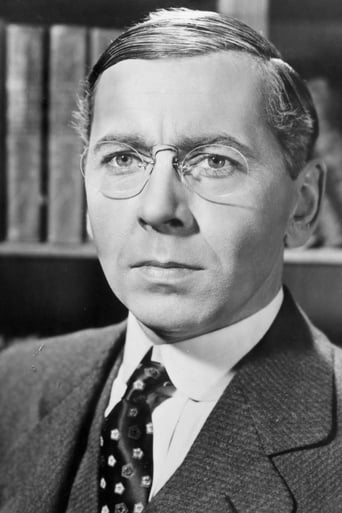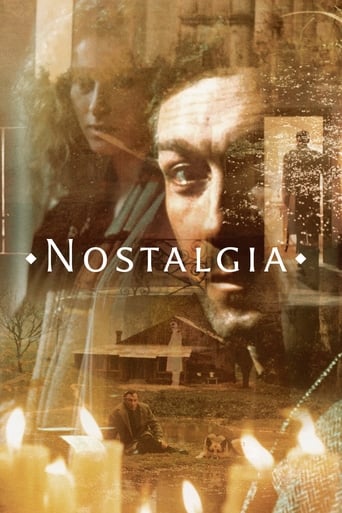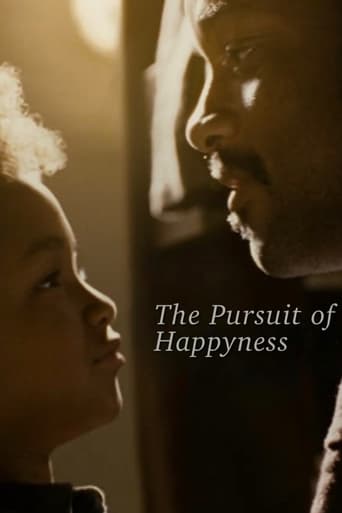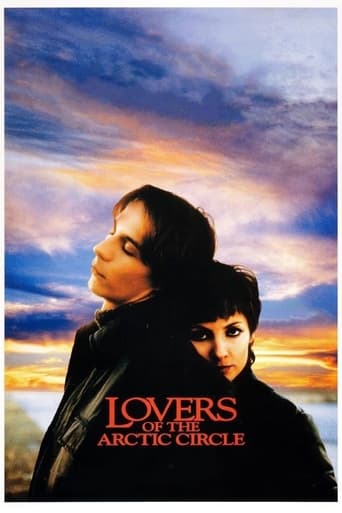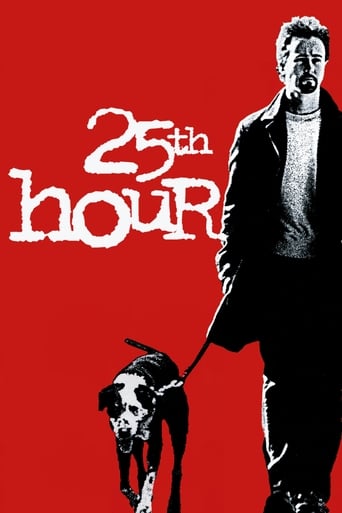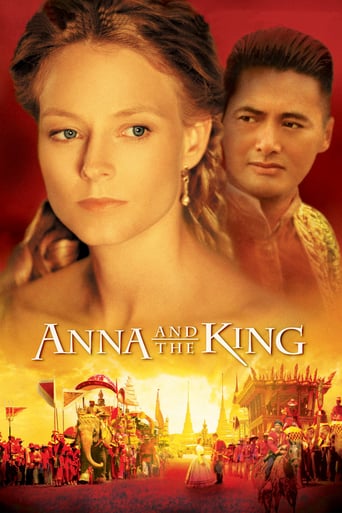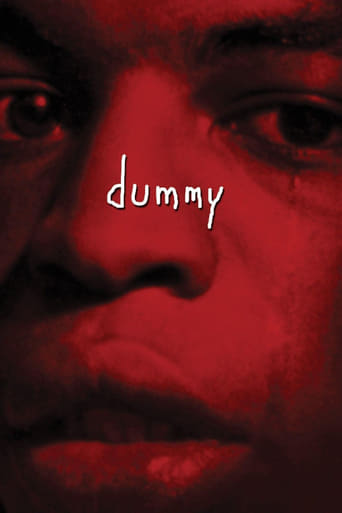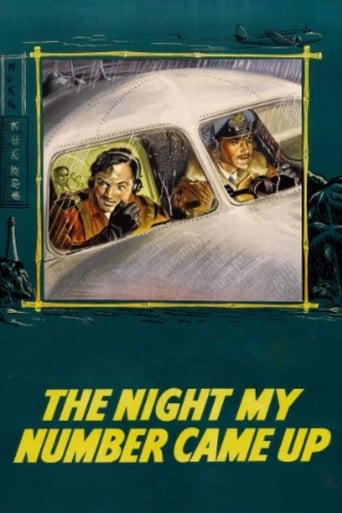
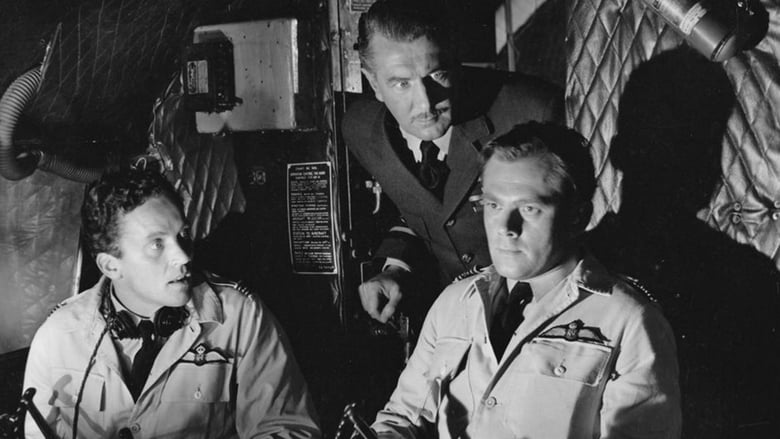
The Night My Number Came Up (1955)
British Air Marshal Hardie is attending a party in Hong Kong when he hears of a dream, told by a pilot, in which Hardie's flight to Tokyo on a small Dakota propeller plane crashes on a Japanese beach. Hardie dismisses the dream as pure fantasy, but while he is flying to Tokyo the next day, circumstances start changing to align with the pilot's vivid vision, and it looks like the dream disaster may become a reality.
Watch Trailer
Cast
Similar titles
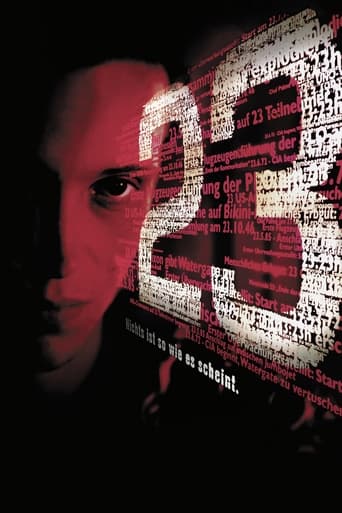

Reviews
Good movie, but best of all time? Hardly . . .
Ok... Let's be honest. It cannot be the best movie but is quite enjoyable. The movie has the potential to develop a great plot for future movies
It is neither dumb nor smart enough to be fun, and spends way too much time with its boring human characters.
The film's masterful storytelling did its job. The message was clear. No need to overdo.
Spotting a thread on IMDbs Classic Film board about movies that people wanted to see come out on DVD,I noticed a fellow IMDber mention a chiller by British film studio Ealing.Looking round for info about the title,I was caught by surprise,when I stumbled upon the movie.With having been in the mood for a slice of "Ealing Class" I decided that it was the perfect time for my numbers to come up.The plot:After arranging an trip to Tokyo, Air Marshal Hardie talks to Commander Lindsay at a party being held in Hong Kong.As they catch up on old times,Lindsay tells Hardie that he had a strange dream last night,which involved 8 people on a plane crashing to their death on a rocky shore.Pushing Lindsay to remember more details,Hardie is relieved to find out that Lindsay's nightmare plane crash involves a different model of plane to the one he will be on.Getting ready to fly off with 7 other passengers,Hardie is horrified to find out that the original plane has broken,with the only replacement being the plane that Lindsay dreamt of.As thunder clouds start to cover the plane,Hardie begins to fear that he is on his final destination.View on the film:Inspired by the remarkable true story of Sir Victor Goddard, (who was one of eight crew members who survived a crash landing on Sado Island, Japan,with the plane getting fixed by the crew working with Japanese villagers!) R.C. Sheriff's (who thanks to studio head Michael Balcon replaced writer Leslie Norman)adaptation of Victor Goddard's article keeps the movie limited to a handful of characters,which allows the viewer to become gripped in a tightly- coiled tension,as each passenger starts to fear that they are on the plane ride from hell.Whilst the screenplay sadly does not deliver the killer twist that it appears to be building towards,Sheriff brilliantly casts a rich atmosphere of terror across the screen,with Sheriff drawing firm thumbnail sketches of each passenger,who go from paranoid Air Marshal Hardie to straight-talking businessman Bennett.Despite his screenplay failing to fly,director Leslie Norman delivers his directing debut with flying colours.Keeping outdoor shots limited to a dozen well-designed model shots,Norman & cinematographer Lionel Banes trap the plane in a bubbling Film Noir Horror mood,by making every thunderstorm and shot of lightning against the passengers doom-laden faces.Capturing every twist of terror to capture the passengers,Norman & cinematographer Lionel Banes scan every corner of the plane with swift tracking shots,which reveal the isolated location that the Film Noir nightmare is unfolding in.Sending Hardie into a never ending nightmare, Michael Hordern gives a wonderfully gruff performance as Lindsay,who Hordern shows is completely unaffected by the reign of fear that he has unleashed.Sent into the dark sky, Michael Redgrave gives a fantastic performance as Air Marshal Hardie,thanks to Redgrave making Hardie's stiff upper lip crumble,to show Hardie as a nerve wrecked Film Noir shadow,as Hardie starts to see his number come up.
A 1950's movie from the British studios. The basis of the plot is relatively simple, however, the outcome is never really obvious. It may not keep you on the edge of your seat biting your nails but it does keep you guessing till the end. A few lines at the very end by two of the lesser characters adds a finish not really seen till the advent of the "Twighlight Zone" TV series. Shakespeare used the use of dreams in many of his plays. This created his characters thoughts and actions. It seems that this method is used in this film for the same reason and pushes the movie along. The movie has a classic British cast such as Michael Redgrave and Denholm Elliott. Whilst the other actors names might not be easily recalled. They are readily identifiable and seen in numerous British movies of the 1940's and 50's. There is a small amount comic relief in the movie through the minor characters of two British soldiers. Australian viewers may even find hard to recognize one of them as being the local classic actor Bill Kerr. It is an old fashioned movie worthy of a watch.
"The Night My Number Came Up" is a classy and gripping thriller that boasts a grabber of a premise, fine black and white cinematography, convincing special effects, intelligent dialogue, a flawless ensemble cast (with Alexander Knox standing out), and a lot of suspense. However, based mostly on Leonard Maltin's **** star rating, I expected a little more when I first watched it - some sort of mind-blowing twist at the end that makes you sit up and say "Aha!". There isn't one. And there is not much of a twist to the mystery of the passenger whom we expect to have a panic attack, either - it turns out to be the most obvious candidate. Don't get me wrong, this is a good movie, however a "**** out of 4 stars" rating seems a bit excessive; I'd give it ***.
Based on a true story, this follows a group of VIPs in 1947 flying from Hong Kong to Tokyo in an RAF Dakota, which develops problems and in a snow storm at night with the radio gone has to crash land on the rugged empty north-east coast of Japan. The last dramatic minutes of the increasingly uneasy trip had been exactly foreseen in a dream that was recounted by a guest at a dinner party before they left. Tension mounts relentlessly from the moment the doomed flight begins. Anybody who has any fear of flying should on no account watch this film.Michael Redgrave as the chief protagonist, Air Marshal Hardie, dominates the film with his strong presence. Both Alexander Knox as a senior civil servant who has never flown before and Sheila Sim as a secretary, the only woman on the fated plane, are still in trauma from a Japanese internment camp. Denholm Elliott is a Battle of Britain hero whose nerve has gone and George Rose is a brash Birmingham businessman. Michael Hordern, not on the flight, is the naval officer who had the alarming dream. Nigel Stock, pilot of the Dakota, has some issues to contend with and there are cameos for Bill Kerr and Alfie Bass as a pair of comic squaddies.Decent script by R C Sheriff, of "Journey's End" and "Goodbye, Mr Chips" fame, which catches well the clichés, hesitations and understatements in which the English conversed at the time. Among these are the ambiguities surrounding the relationship with Asian people and the degree to which British civil servants and businessmen ever understood them. Not intended, maybe, but there is also a strong air of End of Empire. Though the British had regained their eastern footholds in 1945, their day was over and the locals knew it. No more would the British be the master race, commercially or militarily, for despite brave talk they now depended on American might. The conference to which the party in the plane is going was presumably chaired by Americans, who were attempting to redraw the map of Asia in their style. The starting point and symbol of this new era was the two cities of Hiroshima and Nagasaki, flattened by American nuclear bombs. Ironically, the prime reason for the eventual crash of the Dakota is that the Air Marshal, for professional and historical reasons, uses up precious fuel by diverting to overfly the devastation. Even more ironically, both cities are hidden by cloud, so the fuel is completely wasted.
